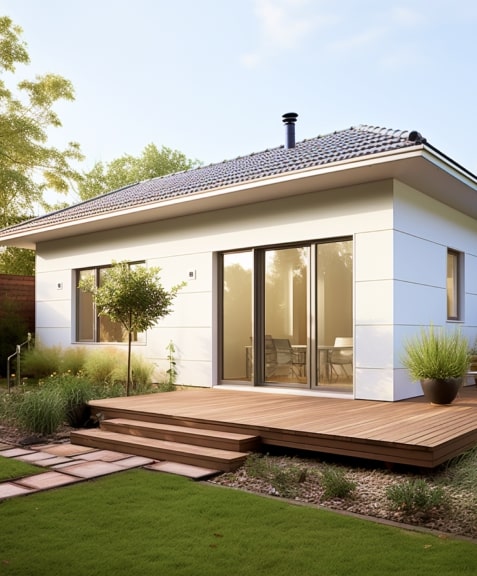
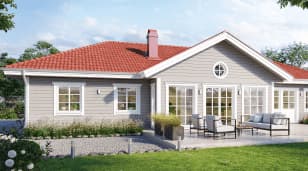
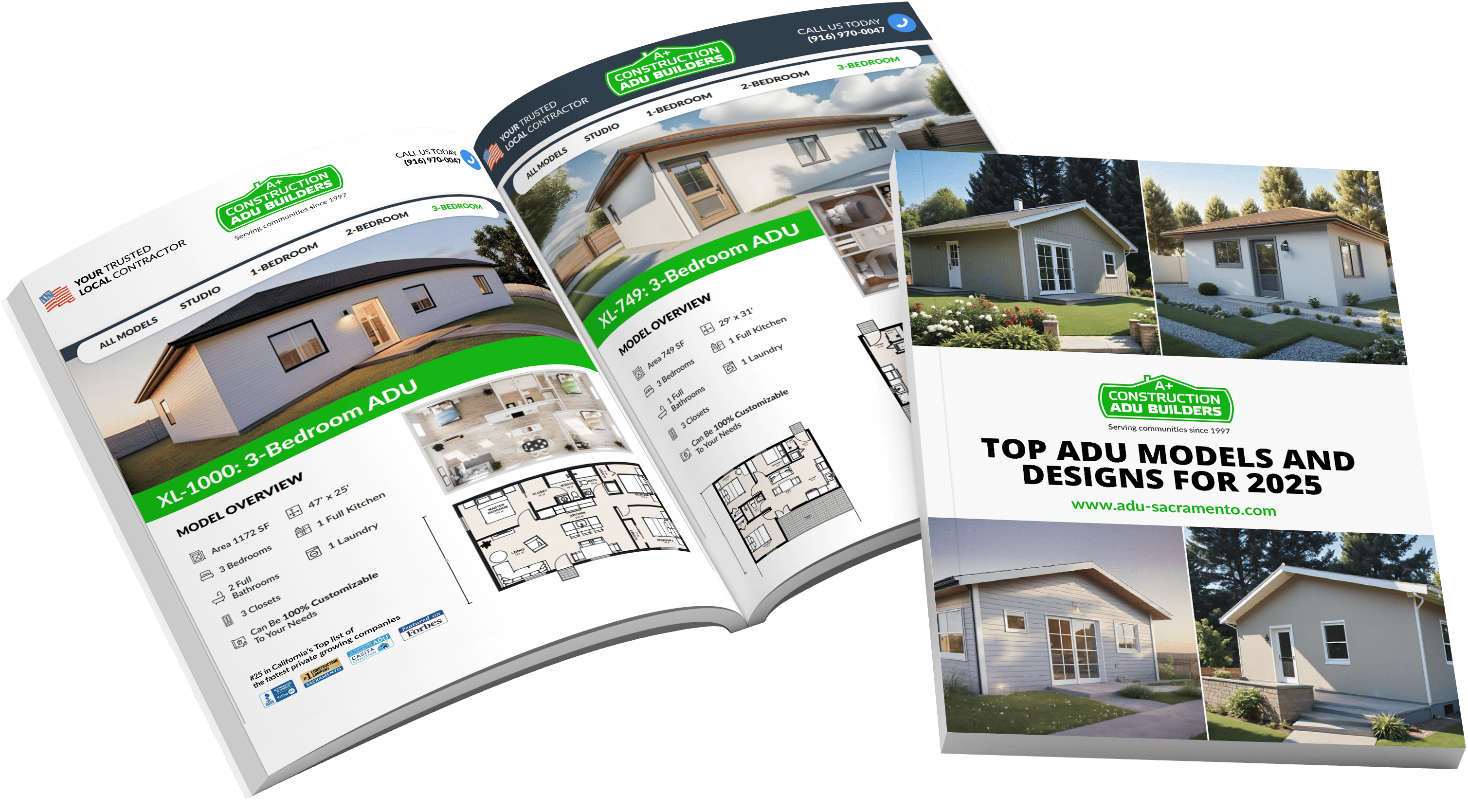

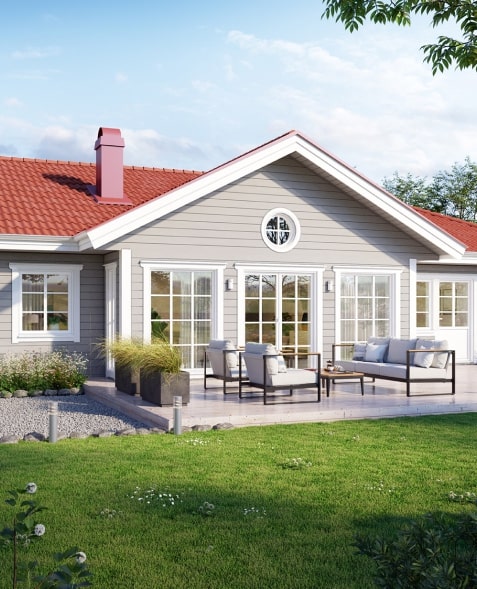
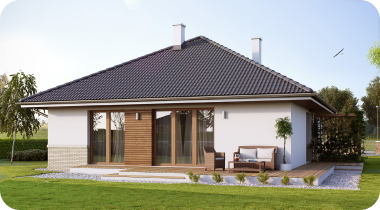
A link to download your FREE brochure will be in your inbox in 3 minutes
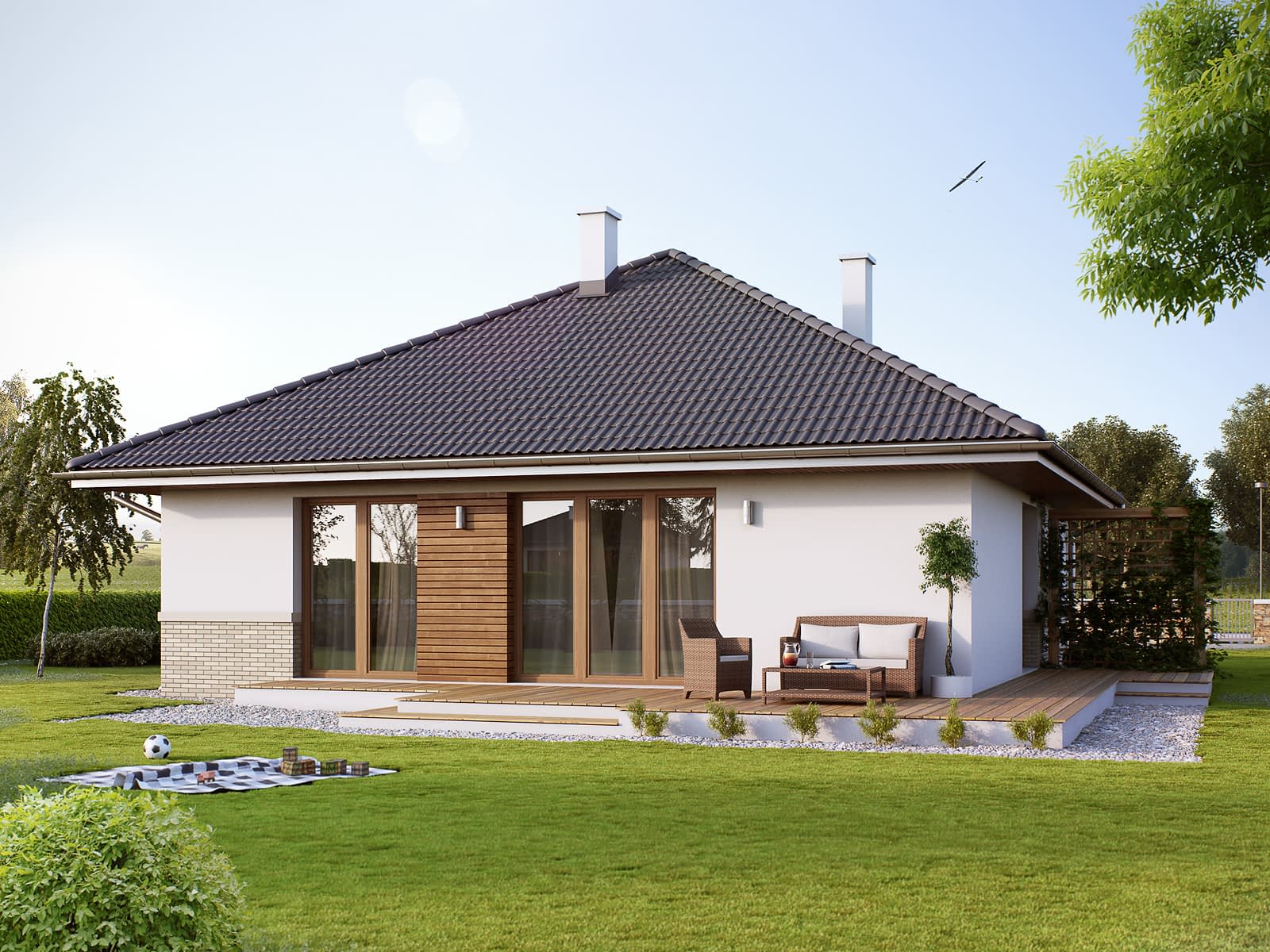





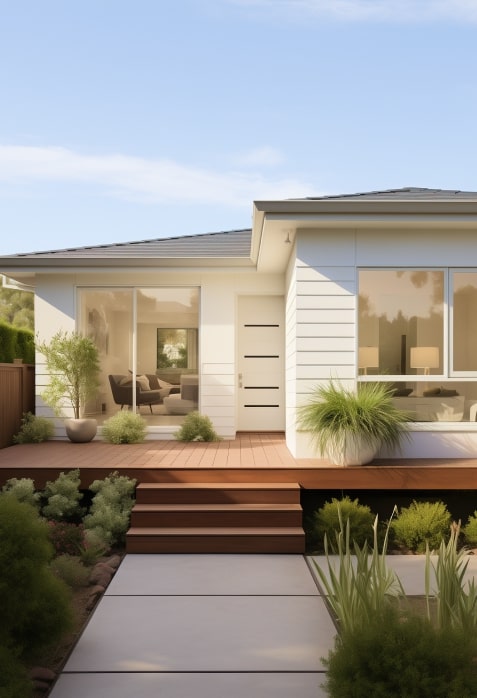
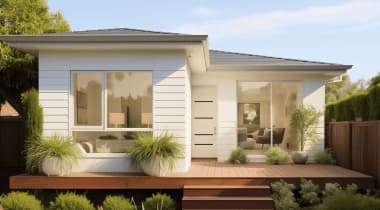











The final price may vary based on project specifics.
To get a free accurate quote tailored to your needs, book a consultation with us today!

The price per square foot provided is an average and may vary depending on project-specific details such as materials, location, complexity, and other factors. Actual costs may differ from the average provided.
It is recommended to obtain a detailed quote based on the specific requirements of your project.

Please note that the monthly payment displayed on this page is an estimate and is subject to variation based on the selected loan product, applicants credit score, loan amount, and other financial details. Actual monthly payment may differ from the estimate provided.
It is recommended to seek advice from a financial advisor or loan officer to obtain precise payment information tailored to individual circumstances.
 Your Trusted
Local Contractor
Your Trusted
Local Contractor
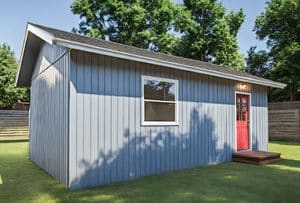
When building accessory dwelling units, more and more builders incorporate sustainable and energy-efficient features into their designs. Modular ADUs are prefabricated ADUs constructed from pre-designed blocks. They typically offer an array of basic or more elaborate designs, and some of them provide property owners with eco-friendly housing units with respect to environmental and social priorities.
If energy and environmental affairs bother you, and you’re looking for practical and economic tools to realize your housing projects, read this article further and learn more about modular ADUs adopting smart energy use strategies.
ADUs with smart energy features are more than just small homes equipped with all the amenities. They’re environmentally friendly constructions that have many positive effects on the environment and your property, including such things as:
When does eco-consciousness translate into tangible cost savings? If you’re eager to reduce your monthly energy payments and heating expenses, a modular ADU with energy-efficient features is exactly what you need. Let’s delve into the peculiarities of such constructions to understand better how incorporating energy-efficient elements can benefit you.
Aside from direct financial benefits such as reduced energy bills, governments and other entities also offer supplemental financial services to those who choose to build ADUs with energy-efficient features.
Building codes, tax codes, and other local regulations provide financial incentives to foster new construction of ADUs or promote the redevelopment of existing structures into multifunctional ADUs that use energy smartly. These incentives include:
Governments offer homeowners tax deductions or reductions of the sums due as taxable income. If you employ energy-efficient upgrades and use eco-friendly materials, you may be eligible for lowered taxes for expenses incurred by the installation of such features as energy-efficient appliances, solar panels, or eco-friendly insulation.
Some local governments suggest homeowners receive a discount on their property taxes as a reward for building smart energy ADUs. Thus, it becomes more beneficial for the homeowner to build such a structure than a conventional one, thanks to a lower property tax bill.
In California, those who invest in energy-efficient ADUs can receive a grant (non-repayable money) to cover a portion of expenses spent on installing solar panels, energy-efficient appliances, or sustainable building materials. Also, governments offer subsidies (money to compensate for the costs) if you use any green technologies and features in your ADU. For example, home automation systems, low-flow toilets, other water management appliances, rainwater collection systems, etc.
To sum up, recognizing that energy-efficient ADUs encounter unique challenges, local authorities in smaller and larger cities establish a whole number of financial help sources to increase the development potential of eco-friendly constructions and promote the building of a continued and sufficient quantity of energy-efficient ADUs.
Next, we’ll offer the smart energy toolkit, which encompasses different energy-efficient technologies and practices you can incorporate into your modular ADU.
No matter the site design, whether you have a single-family home or a multifamily home, you can make your ADU eco-friendly. Choose one or more of the following features:
By incorporating these elements into their ADUs, property owners vote for a sustainable future in the surrounding neighborhoods and can cut their current costs. If your land uses green practices, you can not only benefit from tax incentives but also contribute to a healthier environment for all.
In higher-density communities, accessory dwelling units become affordable housing options within existing plots, adding more flexible opportunities to the use of property. Thus, ADU promotes higher density development: they allow to build on the same land several homes if there’s enough space for them. This reduces the need to develop new land, preserving natural resources intact.
Yes, energy-efficient accessory dwelling units help to reduce the overall consumption of energy and reduce the amount of energy wasted. This lowers demand for electrical power, gas, and other limited resources, leading to diminished air pollution and greenhouse gas emissions.
By regulating development, cities and communities facilitate building homes closer together as well as the mixed use of spaces for living, work, shopping, and other activities. As for ADUs, their placement on the same property as the main house and multifunctional use serve all the same purposes: to restrict the absorption of green areas by urban zones, promoting open space preservation.
On the one hand, ADUs can allure new residents to your community by offering a sufficient quantity of homes and promoting their affordability. This will support local businesses as they can work with more clients. On the other hand, ADUs encourage people who own them to generate rental income and invest directly in the local economy.
Get a First Look at Real ADU Projects